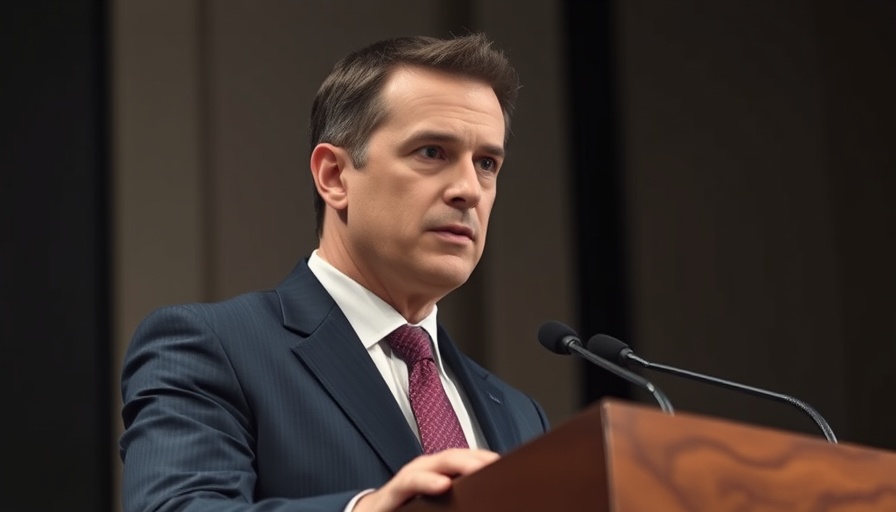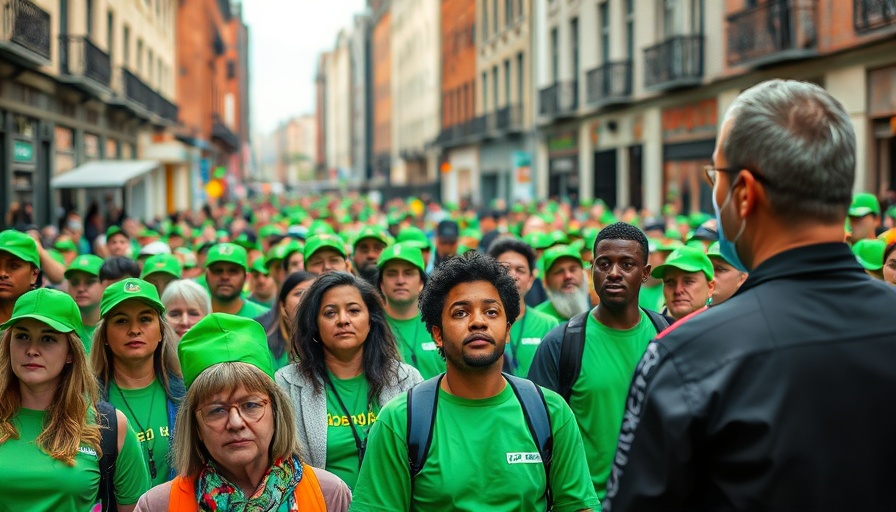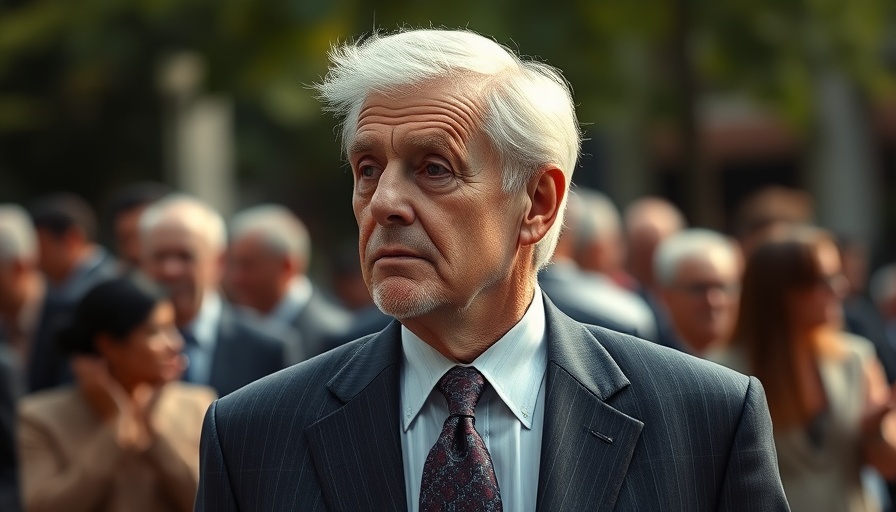
Former Deputy President David Mabuza: Legacy of Leadership
The recent passing of former Deputy President David Mabuza has resonated deeply within the political landscape of South Africa. His funeral, set to take place in Barberton, Mpumalanga following a state funeral service, marks the end of an era for many who knew him not only as a politician but as a humble leader dedicated to the ANC and the broader struggle for liberation.
Heartfelt Remembrances from Colleagues and Friends
Among the attendees who have expressed their condolences are several prominent figures in government and politics, including ANC officials and local community leaders. Renowned struggle stalwart Joe Nkuna characterized Mabuza as a selfless individual, one who deemed the collective cause above personal ambition. Nkuna's remarks emphasize the strong respect Mabuza commanded among his peers, who witnessed firsthand his commitment to service rather than the pursuit of power.
The Circumstances Surrounding His Passing
Mabuza's unexpected death after a short illness has caught many off guard, with figures like Deputy Minister David Mahlobo articulating their shock and sadness. The mourning period declared by President Cyril Ramaphosa is a testament to Mabuza's significant role in South African politics and highlights the collective grief of a nation in mourning.
Importance of State Funerals in South Africa
State funerals serve not only as a means of honoring individuals who have made significant contributions to society but also reflect the broader political climate. The fact that Mabuza is being accorded a state funeral Category 2 underscores his contributions to the ANC and the democratic processes in South Africa. This recognition invites discussion about how we memorialize our leaders and the legacy they leave behind.
Implications of Mabuza’s Leadership on Current Politics
As South Africa gears up for upcoming national elections, Mabuza's passing raises critical reflections on the direction of the ANC and its polices. With continuing challenges such as economic recovery post-COVID-19, rising unemployment rates, and persistent issues like load shedding and corruption, Mabuza’s legacy prompts questions about the party's future strength and coherence.
Political Landscape Transformation in Light of Recent Events
The dynamics within the ANC may increasingly come under scrutiny as both the Democratic Alliance (DA) and the Economic Freedom Fighters (EFF) rally for a shift in power. As leaders are remembered for both their contributions and missteps, Mabuza’s funeral acts as a clarion call for introspection within the ANC and among its rival parties, potentially impacting their strategies leading up to the national elections.
Response to Grief: Community Solidarity
The shared grief following Mabuza's passing illustrates the need for solidarity among South Africans, especially in light of the ongoing economic and social challenges. This moment invites organizations and community leaders to mobilize support mechanisms that extend beyond mere mourning, but also foster active engagement in tackling pressing societal issues like gender-based violence, water scarcity, and youth unemployment.
Conclusion: Honoring Mabuza’s Memory Through Action
While the world reflects on David Mabuza's life and contributions, it is vital to harness this collective memory into tangible action. For the South African populace, the remembrance of leaders like Mabuza can serve as a catalyst for aspiring political reform and commitment to social justice initiatives that honor their legacy. Thus, as citizens mourn, they are also encouraged to channel their sadness into advocating for sustainable policies that address the deep-rooted issues plaguing the nation.
 Add Row
Add Row  Add
Add 




Write A Comment